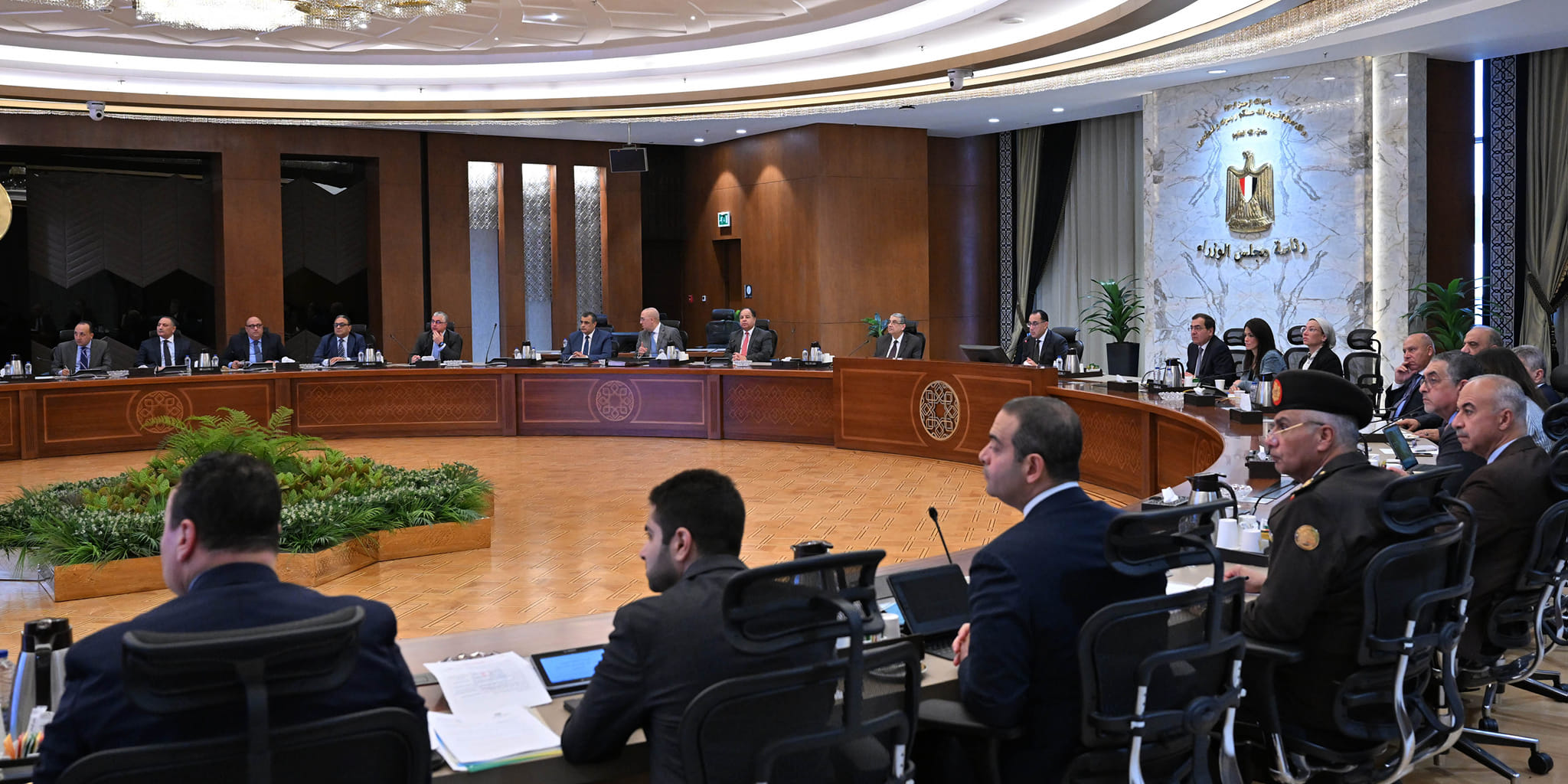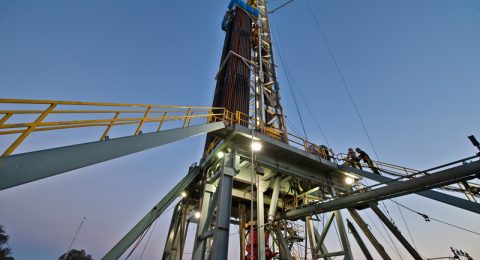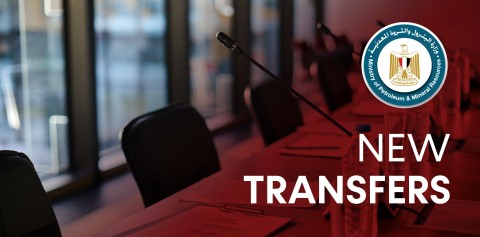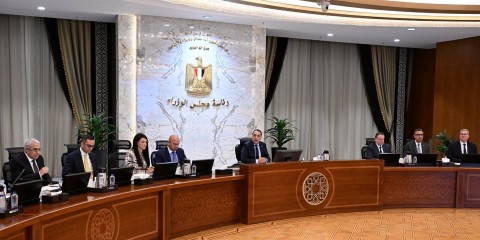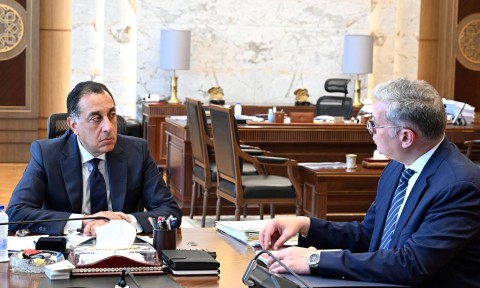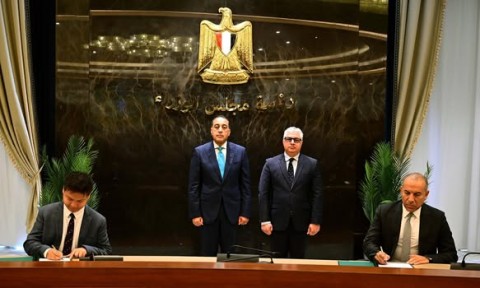Prime Minister Mostafa Madbouly has approved the national strategy for the green hydrogen during his meeting with the National Green Hydrogen Council’s members to follow up on the latest development of this vital sector.
He noted that these meetings help in unifying the efforts of the country to attract investments in this field.
During the meeting, Randa Al-Minshawi, First Assistant to the Prime Minister and Head of the Technical Secretariat of the National Green Hydrogen Council, stated that the lands have been provided for various projects in the pilot phase and lands are also being given to projects in the first phase.
Ahmed Mahina, Head of the Strategic Planning and Performance Monitoring sector at the Ministry of Electricity and Renewable Energy, expressed that the strategy has the objective of positioning Egypt’s contribution in the global hydrogen market at a notable 5-8%. He added that it targets achieve energy security, carbon emissions reduction by 40 million tons per year by 2040 and increase the gross domestic product by $10 to $18 billion by 2040.
Additionally, Ayman Soliman, CEO of the Sovereign Fund of Egypt, has showcased the current status of the agreements which have been signed between the government and other partners in this regard.
On the same context, The Chairman of the Suez Canal Economic Zone (SCZone), Waleed Gamal Eldin, announced that Fertiglobe company has successfully exported the first cargo of ammonia in the world from its facilities in Egypt using the hydrogen manufactured in the experimental electrolyser of the company’s project in Egypt to produce green hydrogen.
He added that Fertiglobe announced that this shipment had been delivered to Tuticorin Chemicals and Fertilizers Limited (TFL) in India, and it would be used to produce soda ash for Hindustan Unilever (HUL) in India, a subsidiary of the Unilever group.
Also, Gamal Eldin pointed out that the Fertiglobe project, located in the Suez Canal Economic Zone, will be able to produce 15,000 tons per year of green hydrogen as a primary raw material used to produce up to 90,000 tons per year of ammonia based on renewable energy sources.
